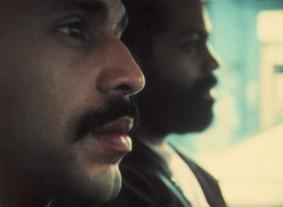-
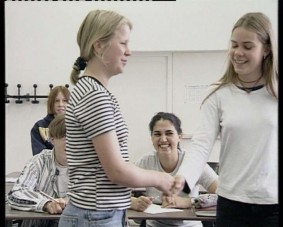
Die Bewerbung
The InterviewGermany 1997 58'
Directed by: Harun Farocki
The film looks at a few job training sessions in which people learn how to apply for employment. “Those outside the school system, graduates, people who have to update their training, the long unemployed, ex-drug addicts, and mid-level managers…all of them must learn how to sell themselves on the market, a skill referred to as “self-management.” (H.F.) -
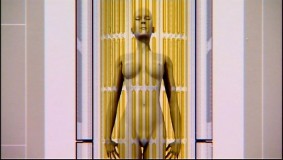
Dominium mundi: l'empire du management
Dominium mundi: the Empire of ManagementFrance 2007 67'
Directed by: Gérald Caillat
“Management is an «informal empire»; that’s its strength. It involves as many centers as it does powers in league with one another, inside of a civilization of buy and sell (…) A theatre of images is at work beyond just numbers (…)” (P.L). Based on Perre Legendre’s Dominium Mundi, the documentary examines globalization and its attempt to spread western culture through the world. -
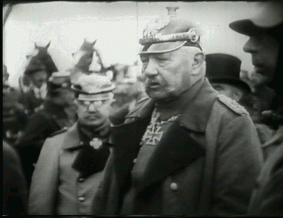
Einer für alle
Germany 1932 14'
Directed by: Curt Wesse, Heinrich Röllenbleg
Germany, 1932. After the crisis of 1929, German citizens are devastated by unemployment, poverty and violence. Businessmen, along with Catholics and social-democrats, side with Von Hindenburg, who is reelected. But the Nazi Party wins an enormous number of votes. An electoral propaganda film, the document allows us to reflect on the mechanisms of representation of «opposing powers» inside the decisive contest that brought Hitler to power. -
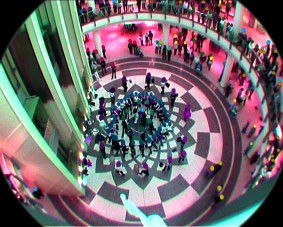
Faceless
Austria/UK 2007 50'
Directed by: Manu Luksch
In a future western society, the preponderant presence of security cameras has wiped out our concept of privacy and citizens are by now used to living without being able to show their faces. A woman wakes up in the morning to find, to her horror, that she has a face. The portrait of a world under surveillance, in which the anguish of the future and the sense of guilt in regards to the past become the cause of new bewilderment. -
I Love $
I Love DollarThe Netherlands 1986 145'
Directed by: Johan van der Keuken
Twenty years ago: under Reagan, the American debt grows. There’s also an energy crisis, a recession in Brazil and the Asian boom...Financial markets are in power. Johan van der Keuken captures the dollar, capital, the invisible powers of Stock Exchange, the virtual rise of economic strength, the organization of an implacable score that binds work and poverty, North and South, privilege and poverty. -
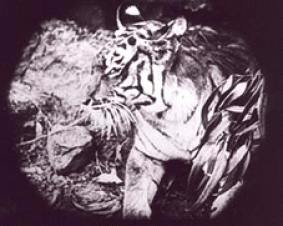
Images d'Orient - Tourisme vandale
Italy 2001 62'
Directed by: Yervant Gianikian, Angela Ricci-Lucchi
At the close of the Twenties, a wealthy movie lover films his trip to India. Using his stills, Gianikian and Ricci-Lucchi form a sensible analysis of not only the iconography of tourism and the exotic, but most of all the power of film. The two filmmakers air the discourse of colonial power and bourgeois vandalism, and restore to those being filmed their bodies, faces, mannerisms, which the movie camera made into postcards. -
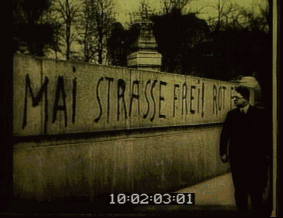
Kampfmai 1929
Germany 1929 8'
Directed by: Phil Jutzi
The repression of the protests in Berlin on 1st May 1929 was caught on tape by cameramen on rooftops and trams, as proof of the violent ways of the dominant classes. Today that footage stands as an «illustration» of an epoch: deprived of the power to revolt, they apparently had no other power than to «adorn» their speeches. -
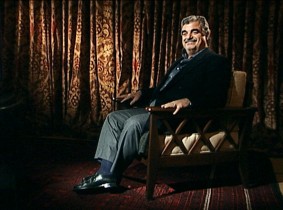
L'Homme aux semelles d'or
Syria/France 2000 55'
Directed by: Omar Amiralay
A portrait of Rafik Hariri, Prime Minister of Lebanon from 1992 to 1998. A self-made millionaire and controversial and enchanting figure, Hariri was freighted with the task of restoring a country mired in fifteen years of civil war. Impartial to richness and power, the film depicts the power and limits of a single idea: the happiness of some is built on the misery of others. -
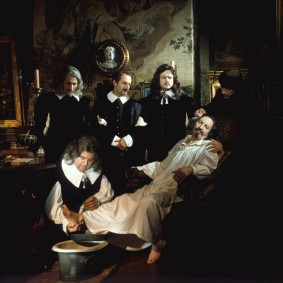
La Prise du pouvoir par Louis XIV
France 1966 102'
Directed by: Roberto Rossellini
Kingdom of France, 1661. With the death of Mazarino, the last star goes out in the political sphere of the French court. From then on, the King is sole arbiter of the nation, the sole star of power. Louis XIV only meets with a cabinet of ministers, uses politics to subjugate the courtesans, and constructs a daily life and court into a large, eternal mise en scene. This show of power, this alienation through the transfiguration of the banal into the “sacred,” makes Rossellini’s films prophetic of contemporary politics. -
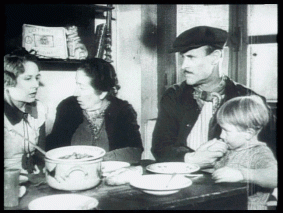
La Vie est à nous
France 1936 66'
Directed by: Jean Renoir
An electoral film by the PCF, produced by the Party, La Vie est à nous is the result of a collective effort by filmmakers and politicians under the direction of Jean Renoir. Mixing documentary material and mise en scene, the film shows France in crisis, the threat of fascism, the action of communists and the broad bylines of the political Party. An appeal to life, play, hope over cynicism, it displays the indissoluble comedy-tragedy found in the fictions of Renoir. -
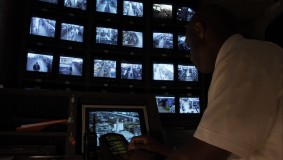
Les Anneaux du serpent
The Snake’s CoilsFrance 2007 45'
Directed by: Christophe Cognet
A group of security agents (guards, watchmen, traffic inspectors) chat together in a forum. Meanwhile the camera explores the places where they work: industrial areas, commercial centers, parking lots, factories, transport areas…the montage also uses surveillance footage. Who controls whom? Who’s directing? Listening? Filming? Power is control, control is a network. -

Match Made
Singapore 2006 48'
Directed by: Mirabelle Ang
Every day men from various places in Asia come to Ho Chi Minh Ville in search of young Vietnamese peasants to marry. An example of a violence in which the power of the market exploits other, older power structures residing in the so-called traditional family, in customs and rural practices, in the insistence of traditional virtue in modern day society. The film tells the story of a “casting” for a rich client from Singapore. -
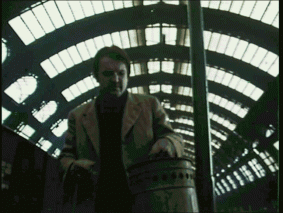
Panni sporchi
Italy 1980 99'
Directed by: Giuseppe Bertolucci
Milan, Central Station, 1980. In this «place of transience» where Giuseppe Bertolucci set his story Lost Objects, groups marginalized by society live. The story of their lives is one of desperation, addiction, prostitution, failure and small hope…Power is shorn of any abstract quality here: the effect of economic and social dominance can be seen in their bodies, in flesh and bone, in the silence surrounding them. -
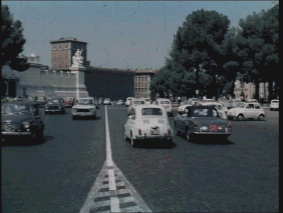
Via dell'Impero
Italy 10'
Directed by: Fernando Cerchio
Over the centuries, the area around the Coliseum became, perhaps, unique in the world for the superimposition of architectural styles; but fascist Rome took an axe to the neighborhood to separate “uncontrollable” residents and force them into the outskirts. They did not only strike at the population of the old Roman quarter, but seized history and negated it, in order to place the new “Empire” over the ruins…a ghost-ridden Rome.

